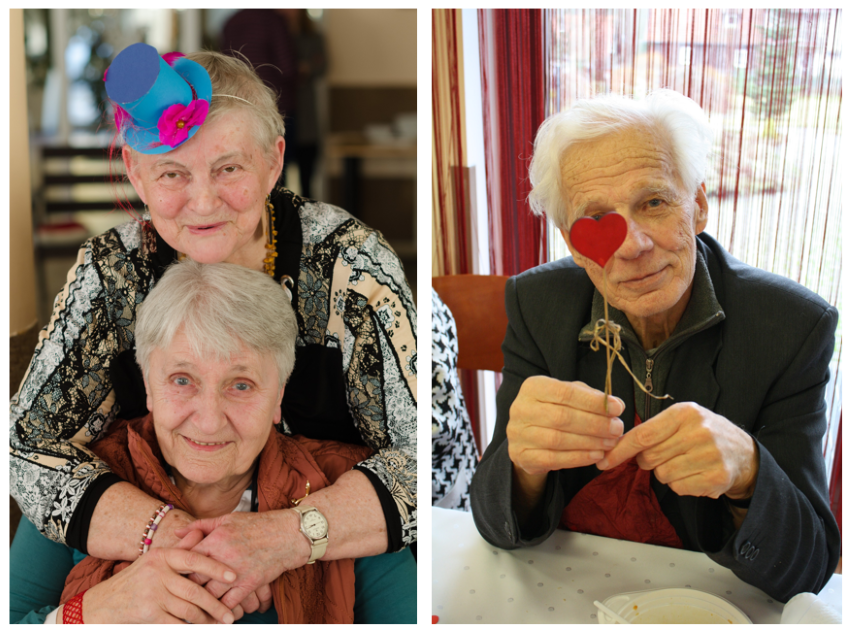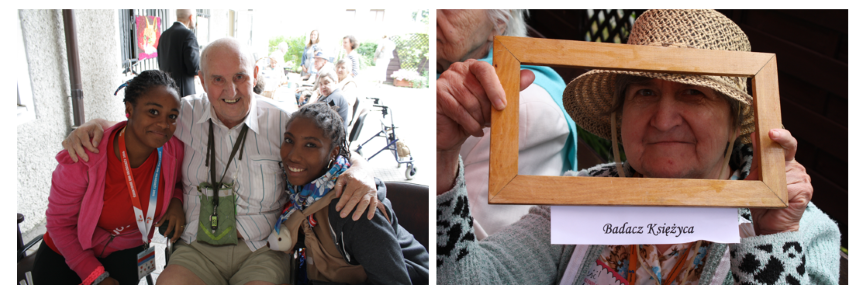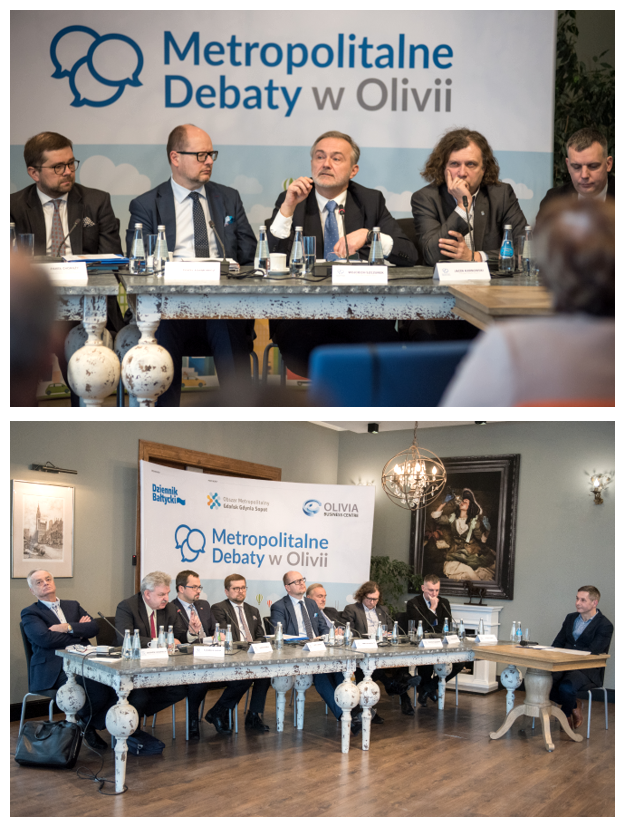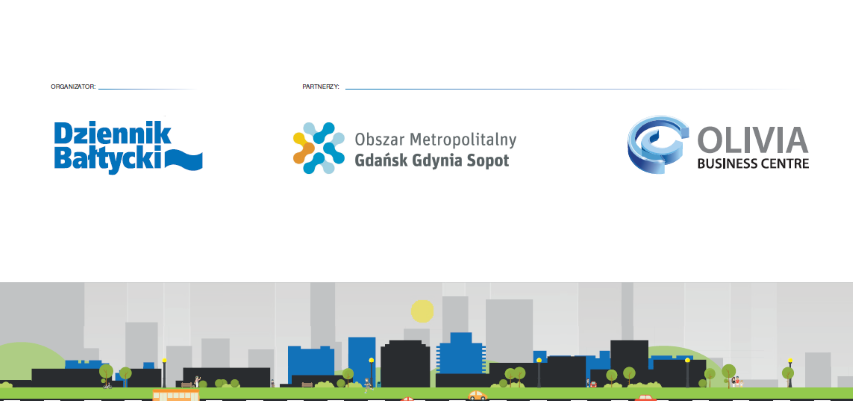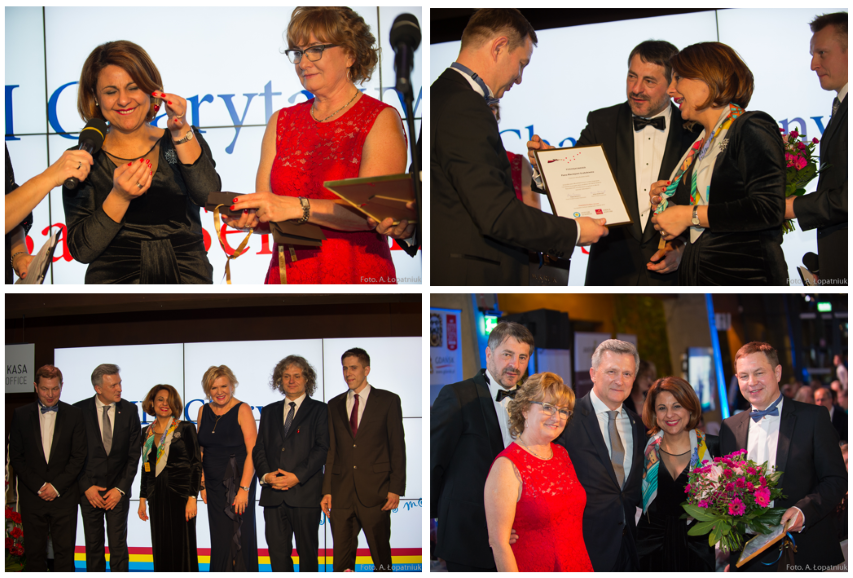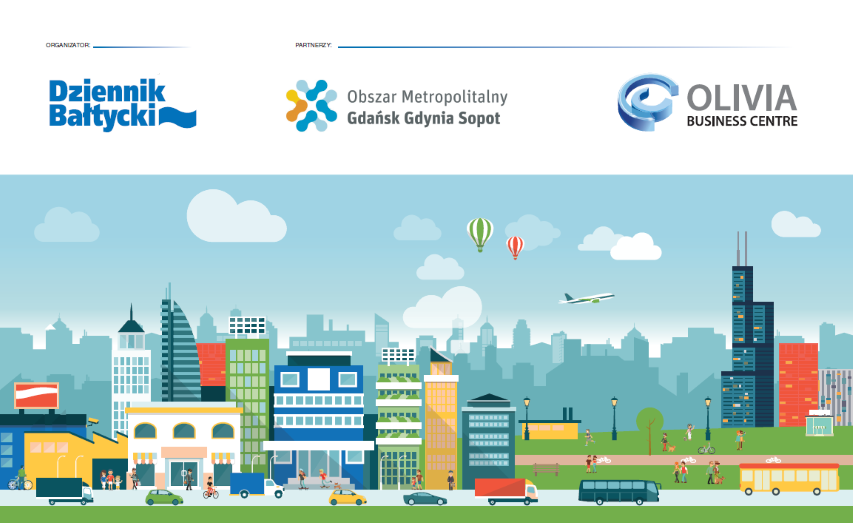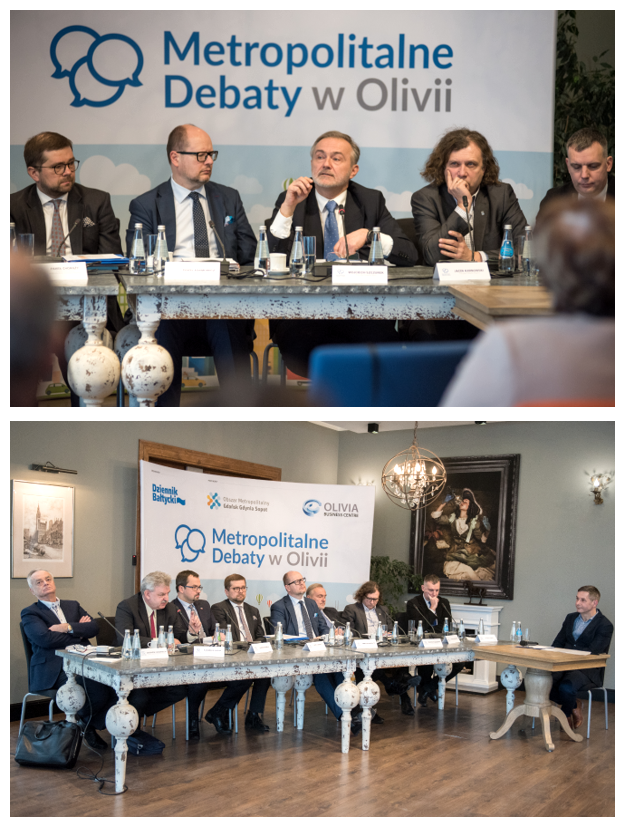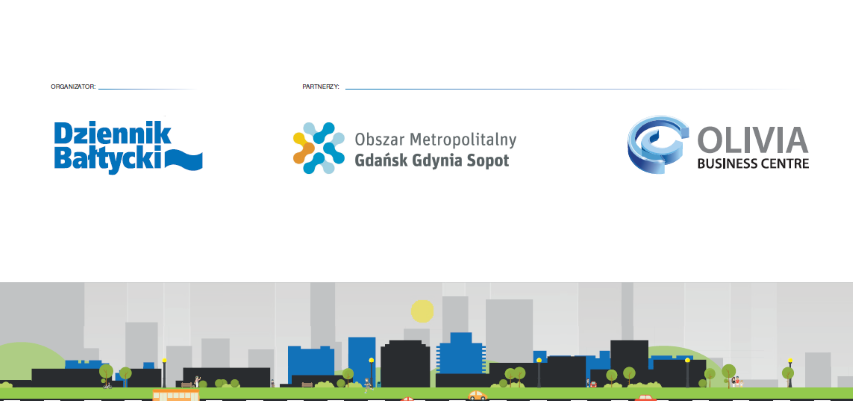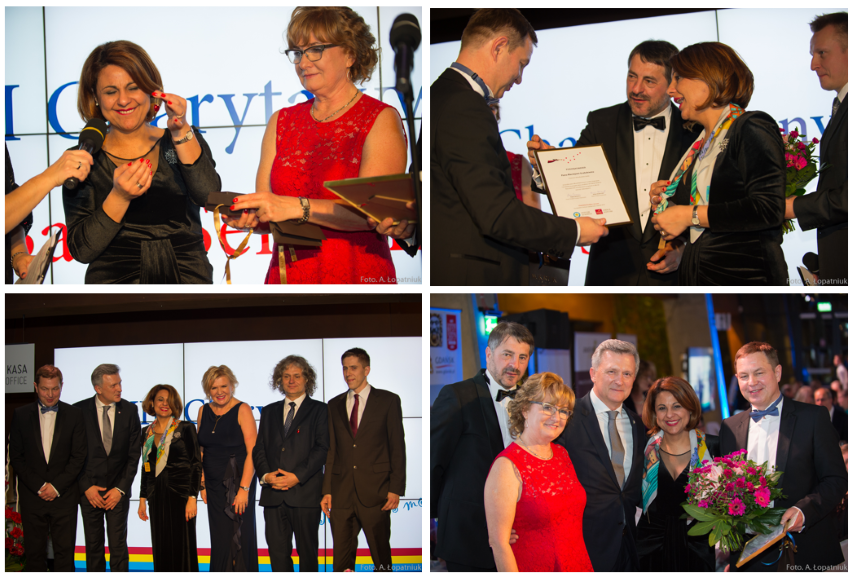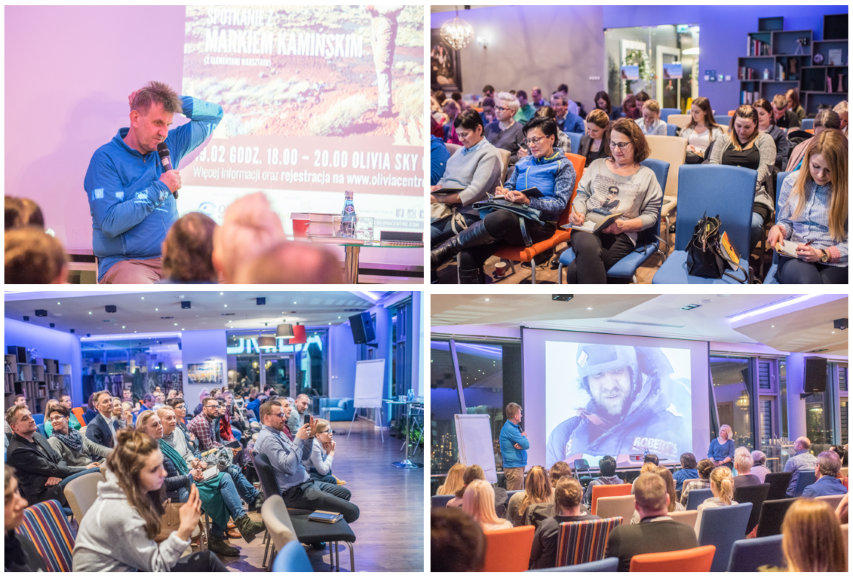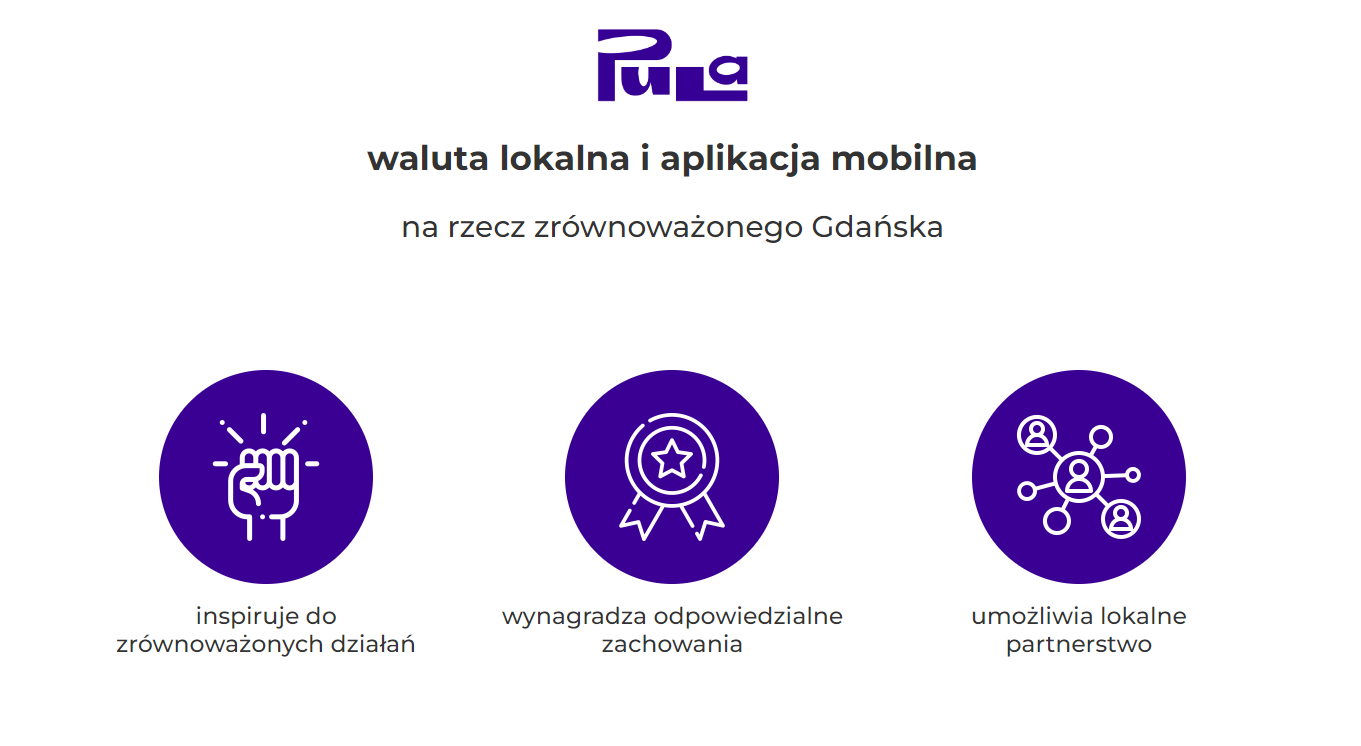Turquoise self-organization – a new paradigm of work
It’s Wednesday, a cold February evening. The Olivia Sky Club room is filled to the brim. Guests are waiting for the start of the lecture by prof. Andrzej Blikle’s “Let’s talk about Turquoise!“. The lecture was organized by Joanna Roszkowska and Maciej Winiarek , founders of Thinking Zone – a primary, middle and high school.
Earlier in the day, in the space of Coworking O4, where the Thinking Zone is located, a several-hour workshop “Turquoise self-organization – a new paradigm of work” was held, led by prof. Blikle for the headmasters of Tri-City schools.
Both events were attended by over 200 people – teachers and school principals, parents, entrepreneurs. Professor Blikle talked about what it is like to work in teal organizations and manage them. This knowledge, as the organizers of the meeting say, can become an inspiration for many to change the way they think, communicate, even live…
What was the motivation for the creators of Thinking Zone to undertake the organization of these events? “We are guided by values that coincide with the values of teal: share information, surround yourself with partners, seek cooperation, and continue to grow. This is the course we have taken in our school, this is the approach we infect our environment, this is how we create a culture of thinking and partnership” – Joanna Roszkowska and Maciej Winiarek tell us.
Where to start implementing the concept of teal management?
The basic issues of teal management are included in Frederic Laloux’s book “To Work Differently”. In the “teal organization,” traditional management gives way to participatory self-organization. Prof. Andrzej Blikle is the ambassador of the above-mentioned concept in Poland and supports company leaders in the processes of creating high business culture and quality in general. He is also the author of books presenting the subject of turquoise in detail: “The doctrine of quality. It’s all about effective management” and “The doctrine of quality. Second edition turquoise. It’s about turquoise self-organization.”
Benefits of implementing turquoise according to professor A. Blikle
“So it is not true, as we sometimes hear, that the joy of work is a luxury that we cannot afford today. On the contrary, it is the lack of this joy that generates considerable costs, both emotional and material. In a team based on suspicion and violence, instead of cooperation, we fight, we play games, we destroy each other, and as a result we are unhappy, and our actions bring mediocre or even destructive results.
The first law of social gravity states that people who trust each other and act out of dignity are better at achieving their goals.
Why, then, is happy cooperation not as widespread today as it should be? In my opinion, the main reason is a misconception about motivational mechanisms, and hence about the role of a leader in a team.
All the widely used carrot and stick “motivators” (bonuses, commissions, bonuses, etc.) invariably lead to a situation that I call a war game between the strong who hold the stick or the carrot and the weak against whom these treatments are applied. Besides, the difference between a carrot and a stick is only apparent, for avoiding the stick is like a carrot, and depriving the carrot is like a stick.
Being herded to work with a stick or a carrot also makes obtaining a carrot or avoiding a stick the most important goal for the weak, and an end that justifies the means, because the stick and the carrot automatically turn off the internal motivation to act. The student who learns for the sake of a degree, and not for the sake of knowledge, concentrates his ingenuity on cheating.” *
Interview with Prof. Andrzej Blikle
As part of the “Olivia’s Conversations” series, we talk about how to develop the potential of companies and people, why it is worth opening up new ideas and activities, and how to find the way to a good life without waiting for retirement, with Prof. Andrzej Blikle.
Monika Bogdanowicz (Communication Expert, Olivia Business Centre): Observing your life, it is clear that you have been active in many fields of professional activity. You have been a businessman, a teacher, a lecturer and you have many successes to your credit. What are your favourite flavours in life, or what should you do to make life taste good? What is your recipe for a happy life that people dream of?
Professor Andrzej Blikle: There is only one recipe for happiness, but there are various ways to implement it. I believe that we have to do what we like to do. And this is also my advice, especially to young people. When you choose a profession, think more about what you would like to do than what you can make money on. If you do something you like to do, you will do it well, and if you do it well, there will be a demand for your work. I talked about it during a lecture at Olivia Business Centre. You have to make an effort to make a good life every day, and success and money usually come as a consequence. Smessing up in life is first of all doing what you like, and if you like it, you know how to do it, so you do well. This is also when we improve, and we know that we can only achieve mastery in the area of our talents. It is worth devoting yourself to what you have a talent for, you just have to be able to recognize it. It is often the case with talent that when we like something very much, we think that it is our talent. However, I would like to clarify this. You have to do what you like, but in the sense that it has to be your passion. Because, for example, people say: “And I like to sit in a bar, so I’ll open a drink bar and it’ll be great.” But then it usually turns out that sitting in a bar as its host is not the same as sitting as a customer. We need to find an occupation that will encourage us to act, that will “pay” us a dignity reward. That’s why I need to think about what I can do to be satisfied with it. Because this is the most important source of motivation to act.
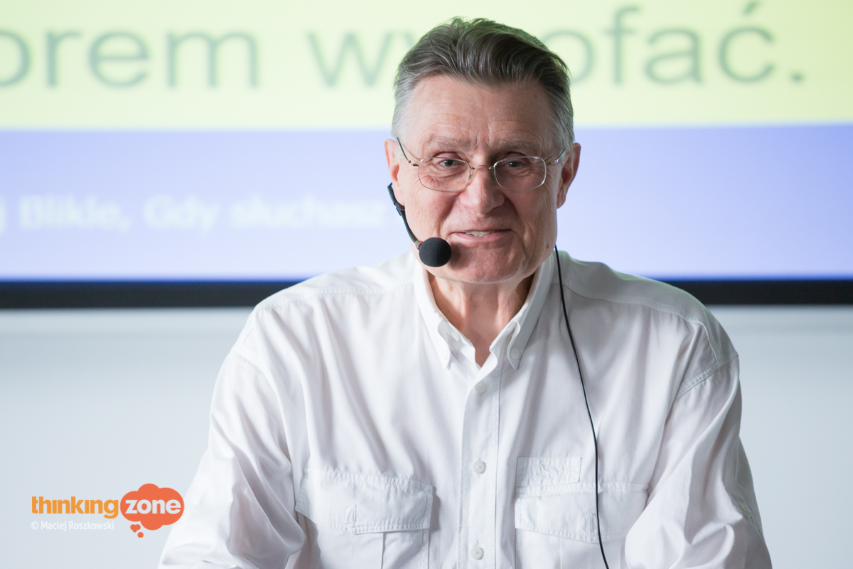
Fig. Maciej Roszkowski, We Love Photo, in the photo prof. Andrzej Blikle during the workshop “Turquoise self-organization – a new paradigm of work”
M.B.: Nowadays, we have to make hundreds of choices every day, in every area: from everyday matters to the most important issues related to the decision about the path of career or business development. Hundreds of possibilities in every topic concerning our lives. Have an unlimited field Is the possibilities offered by the modern world good or maybe too many options make it difficult to make a choice that can be successful
A.B.: I wouldn’t ask the question whether it’s good that the world is the way it is. That’s the way it is, and you have to deal with it. However, there are different emotional profiles. Some people want to have a very large choice, while others prefer it when someone helps them with this choice. Some people want to have a lot, while others prefer to have less, because having it involves various responsibilities (e.g. you have to take care of your car) and threats (they can steal it from you). Today, especially young people, believe that many things are not worth owning. You just need to be able to use them. I think this is the right direction. I don’t have a car, and when I need to go somewhere, I order it easily through an app on my phone. I find a car around the corner, drive as long as I want and leave where I want. Such an option is not yet common in Poland, but it is already in many countries. In the same way, you can use luxury goods, e.g. rent a top-of-the-line tie for one evening or a women’s handbag from one of the most expensive brands. In this way, for one weekend you can have, for example, 30 pounds, something that costs several thousand and you would not be able to afford to buy. And so we can have it and use it as needed. I think that this direction, this trend will develop.
M.B.: Who does Polish business want to listen to and who does it listen to today? Who are today’s key economists, advisors or entrepreneurs who are most often listened to by Polish leaders and managers of companies?
A.B.: Oh, it’s very different. There is no one answer to this question. My experience is that every manager has different expectations. And it must be remembered that economics, which is so important in business, is not the knowledge of management. These are two different fields. Just as computer science is not electronics. Of course, businessmen listen to economists, the good and important ones, and sometimes they listen to those who say foolish things. Such a thought, in my opinion, was formulated by e.g. Milton Friedman, who, as a Nobel Prize winner in economics, people believed. He said that “the main goal of any economic organization is to maximize profits.” Why do I think this is unwise? Because the goal of the company is what the owners choose to be their goal. Dot. The law of economics is that profit is a necessity, but that doesn’t mean it has to be the goal. To live, one must eat (necessity), but he who lives in order to eat (purpose) lives a shorter life. It’s the same with companies. One of them was called Enron, the other was called Lehman Brothers. And there are many more such examples.
M.B.: So who do you think is the authority for Polish entrepreneurs, including you?
A.B.: We cannot speak of a single authority. It is a difficult task to present inspiring people. I’m not going to list all the very important business professors here, because I’d probably leave someone out. I can tell you who was my inspiration. William Edwards Deming, Peter Ferdinand Drucker, Alfie Kohn – I’ve read a lot of books by these authors. I really, really appreciate what I learned from Marek Kosewski – a social psychologist who dealt with business psychology. I recommend his book “Values, Dignity and Power. Why do good people sometimes steal, and thieves take honor on them?” At the moment, a very important book for me, from which I learned a lot of important things, is the book by Professor Rafał Ohme, “Emo Sapiens”, I also wrote a review of it , which you can find on my website. Knowledge must be drawn from various sources. I recommend, for example, getting to know the work of Jacek Jakubowski and Dorota Jakubowska, the founders of the TROP Group, who are a source of constant inspiration for me. Including. run the “Agreement for Empathy” project. I learned a lot from them. I couldn’t omit Jacek Santorski either, he has been the source of many of my inspirations for years. Inspirers can have a significant impact on our development with their non-standard thinking. I recommend looking for such guides on your way.
M.B.: Your motto, derived from the “Constitution of Freedom”**, referring to missionary activity in the area of promoting the idea of high-quality management, is: “Development is when a few convince the many. New thoughts must appear somewhere before they can become the views of the majority.” Does your activity, promoting organizational turquoise, which opposes democracy, partnership and shortening the distance to the culture of the grange, have a chance for a good adaptation in Polish business, and what is the scale of such a formula of organization in Poland?
A.B.: I don’t know if anyone has conducted a study on this topic in Poland. I know that there is a person who deals with this at the University of Finance and Management in Warsaw and intends to carry out such research. He wants to check what the population of Polish companies in our country looks like. From my own observations, I can say that during my more than 80 meetings a year – similar to the one in Olivia – I am approached by 1 to 5 people who say that they already organize their work in this way. So every year I meet about 200-300 people actively thinking about the turquoise style. And a few years ago, I didn’t hear such statements. This proves the growing scale of this phenomenon in Poland.
M.B.: Do the leaders of Polish companies want to go beyond the mental scheme and the current ways of acting? Are they open to these ideas and do they want to take them up?
A.B.: Some want to, others don’t. It is known that this is a novelty. On the other hand, the manor farm syndrome is very common, although it is difficult for me to say whether it is prevalent. Some people think so, e.g. Jacek Santorski. The farm system is highly anti-democratic. Turquoise is not a majoritarian democracy, where the majority is right in principle. To put it in a nutshell, turquoise is making decisions on every issue by the minority who know about the matter. So each time it can be a different minority. This is not minority rule, but participatory decision-making in an atmosphere of trust. In a democracy, on the other hand, the decision is made by the majority, which cannot know everything.
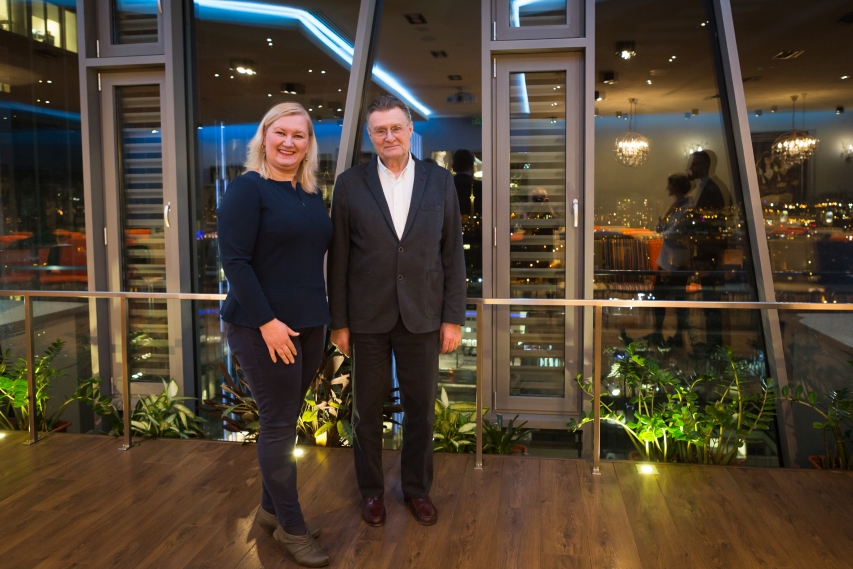
Fig. Maciej Roszkowski, We Love Photo, in the photo: Monika Bogdanowicz (Olivia Business Centre), prof. Andrzej Blikle
M.B.: Skeptics say they don’t believe in companies that don’t have bosses.
A.B.: Everyone has the right not to believe even in what exists. When Ludwig Pasteur announced his findings, many doctors did not believe in the existence of microbes. On the other hand, the word “boss” is very capacious. I think that every team needs leaders, leaders of ideas, social leaders, leaders who inspire people. Such people are needed, because a team in which no one cares about anything will not work well. Leaders are needed, but not one supreme and infallible leader, but many. Different in each case. Then it’s fantastic.
M.B.: What are some good examples of turquoise companies in Poland?
A.B.: As I said, I meet a lot of such companies. Some are described on my website. Among them are Marco, Mentax, Brewa and KamSoft Podlasie. These are not big companies, but recently I learned that turquoise is being built by the Polish branch of the international corporation Decathlon. The Polish Sodexo is also turquoise. Many companies are not yet familiar with this method, so it is new to them. Turquoise is very different in Poland. Some people have heard of it and think it’s idiotic. Others have heard and want to go in that direction. It all depends on the awareness of the leaders who decide about the future of the organization.
M.B.: Are there any risks for companies related to the choice of turquoise? After all, not all companies want to change the world.
A.B.: The main danger is that this is a far-reaching revolution. If you do it incompetently, you can fall into the so-called Newspeak. People are starting to talk the way they used to say in the Polish People’s Republic: “with the Soviet Union at the forefront”. And no matter what was said, when it ended with the famous “with the Soviet Union at the helm”, there was no longer any discussion. Turquoise newspeak is the repetition of slogans without caring about adhering to them in daily practice. If the company doesn’t realize this, people start to treat turquoise as another manipulation on the part of the management. Once you get on this road, it’s hard to turn back.
M.B.: Trust cannot be decreed…
A.B.: You definitely can’t!
M.B.: And how can we recognize the authenticity of the implementation of this method and not just a declarative approach in the business environment?
A.B.: You have to talk to people honestly, but first you have to get them to be honest with you, which is not that easy. I’ve never said it’s easy. I’ve said it’s effective and it’s worth it, but it’s certainly not simple.
M.B.: You say , “I keep telling everyone that it’s not worth worrying about things you can’t control.” Where do you get the strength to be so active every day?
A.B.: I train all the time. I train teaching – I have an average of two trainings a week, all year round. Sometimes it’s half an hour, sometimes it’s two, sometimes it’s nine hours in one day. So I teach a lot, but I also do a lot of sports: downhill skiing and ski-mountaineering, which are my number one sports, but also windsurfing, mountain biking, rowing on a skiff (the so-called Olympic one), and in the winter in the city a gym. Sports have always been present in our family. My parents were athletes, not competitively, but always in a meaningful dimension of life. I recommend sport to everyone as an important part of a good life.
M.B.: Thank you for the meeting and the inspiring conversation. I hope that it will contribute to strengthening the importance of the idea of turquoise in Poland.
SEE THE PHOTO GALLERY FROM THE MEETING:
Workshop “Turquoise self-organization”
Sky Club Evening – lecture “Let’s talk about Turquoise!”
*”The Doctrine of Quality, Second Turquoise Edition. A Thing About Turquoise Self-Organization”, more on
http://www.moznainaczej.com.pl/137-dzialania/moja-ksiazka?start=12
**”The Constitution
of Liberty” – a book considered one of the most outstanding contemporary works on political philosophy, the 20th-century equivalent of John Stuart Mill’s On Liberty! The author, Friedrich August von Hayek, winner of the Nobel Prize in Economics, discusses his theory of neoliberalism, in which the central place is occupied by the problem of individual freedom, understood as independence or lack of coercion. The author criticizes theories of political freedom as the power and possibility of personality fulfillment or prosperity. It combines the personal freedom of the individual with the functioning of a free-competitive economy based on the law of demand and sale. It is opposed to the classically understood justice, which finds expression in the rules of the distribution of goods. He believes that imposing any model of distribution on society is a denial of freedom. Justice can only be based on the principle of free contract. According to the author, individual freedom is a necessary but not sufficient condition for the existence of a social order, since its content is determined by moral principles that govern the exercise of freedom and indisputable legal principles that bind the will of the majority. Hayek examines how Western societies defend individual freedom. It compares the market system and the welfare system. It is still a lively discussed critique of contemporary society, which has entered the canon of reading social and political sciences.
–/–
Prof. Andrzej Blikle – mathematician, computer scientist, entrepreneur. An employee of the Institute of Computer Science of the Polish Academy of Sciences, a member of the European Academy of Sciences (Akademia Europaea), the Council of the Polish Language of the Polish Academy of Sciences and over 20 other organizations. He has lectured in Warsaw, Berkeley (USA), Waterloo (Canada), Linköping (Sweden), Lyngby and Copenhagen (Denmark). Founding member, former president, and today honorary member of the Polish Information Processing Society. Former president of the Polish Federation of Food Producers. In the years 1990-2010 he was the President of the Management Board of A.Blikle Sp. z o.o., today a member of the supervisory board of this company. Former president of the board of the Family Business Initiative association, and today its honorary president. He is also the honorary president of the Adam Smith.
William Edwards Deming – an American physicist who revolutionized management methods based on the philosophy of quality called TQM (Total Quality Management). He used to say, “Quality is everyone’s responsibility.”
Peter Ferdinand Drucker – Expert on management, academic lecturer, researcher of organizational and management processes in corporations and non-profit organizations. He is considered one of the most outstanding management thinkers and theoreticians of the twentieth century.
Alfie Kohn is an American interdisciplinary researcher specializing in the field of education and upbringing. His fields of interest include issues of motivation, cooperation and long-term effects of parenting strategies. A well-known opponent of grades in schools and a competitive approach to learning.
–/–
Photo materials courtesy of Maciej Roszkowski from We Love Photo and Thinking Zone.
